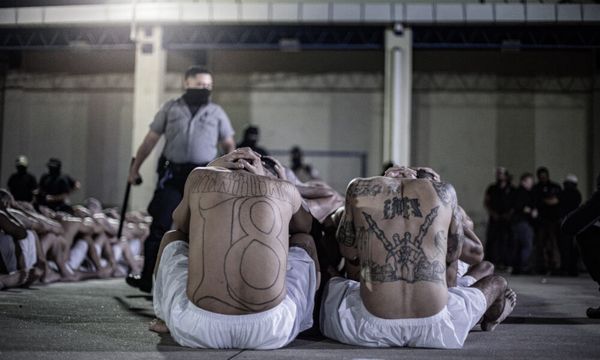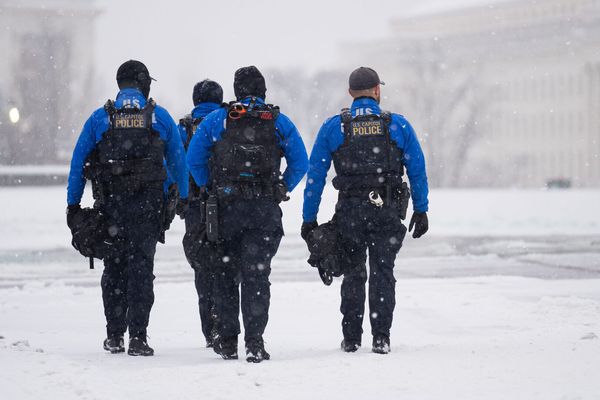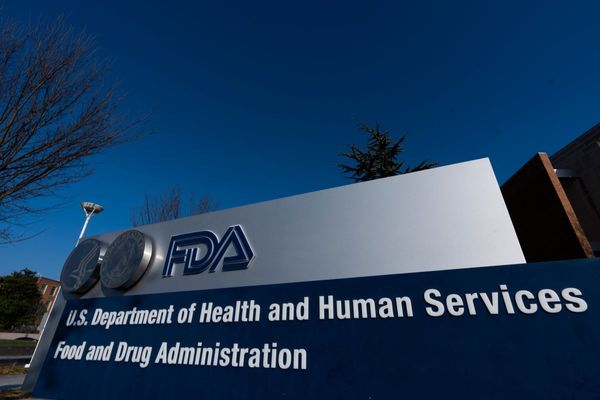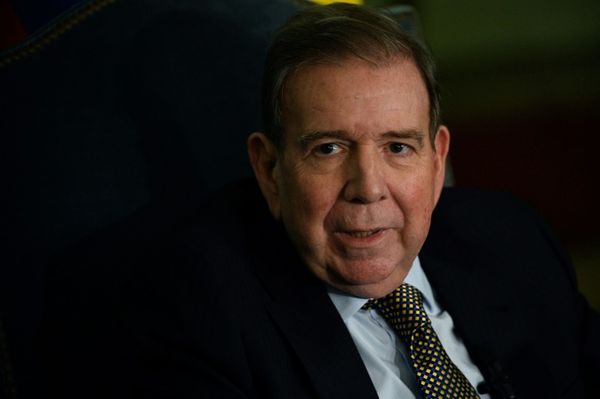Toronto officials are bracing for a planned protest against COVID-19 measures at the provincial legislature on Saturday, with the mayor saying he wants to stop it from devolving into a dayslong demonstration like the one that's gripped Ottawa.
John Tory said he met with senior officials, including Police Chief James Ramer, to prepare for the "Convoy for Freedom" protest that's set to hit Queen's Park a week after a similar convoy set up camp in the nation's capital, shuttering businesses and disrupting daily life.
"As Mayor, I cannot direct police enforcement – no elected official can – but I have made it clear to Chief Ramer that we must do everything we can to avoid the type of situation currently faced by Ottawa residents and businesses," Tory said in a written statement on Thursday.
Premier Doug Ford, meanwhile, struck a slightly different tone during an appearance on Hamilton radio station CHML.
"We live in a democracy. If people want to come down and protest, God bless 'em. I understand their frustration. I really do," he said, adding that he understands Ottawa residents have been frustrated by the disruptions.
Toronto Police said protesters and residents should expect to see officers around Queen's Park on Saturday.
"We have robust plans in place and are speaking with organizers to limit disruption," the service said in a written statement Thursday.
Among the police force's priorities, according to the statement, is access to a downtown stretch known as "Hospital Row."
Toronto General Hospital, the Hospital for Sick Children, the Princess Margaret Cancer Centre and Mount Sinai Hospital all sit within a few hundred metres of the legislature building.
The police service said anyone who blocks access to the hospitals or tries to disrupt their operations "will be subject to enforcement."
"There will be road closures to ensure unimpeded access to hospitals," its statement reads.
University Health Network, which operates some of the hospitals, said it's prepared for the convoy.
"Our staff have also been made aware so that they can ensure they have sufficient time to get to work if they are scheduled to work," spokeswoman Gillian Howard said in an email.
The network has also passed along the "suggestion" that hospital staff not wear clothing that might identify them as health-care workers while in the area over the weekend, Howard said.
She said the hospital network continues to urge people to get their COVID-19 shots.
"We recognize that some individuals may choose not to be vaccinated, a decision that may well see them hospitalized," Howard wrote. "We hope that, with all of the information available, that people will ultimately be vaccinated."
Ontario's solicitor general, Sylvia Jones, said the province will be monitoring the situation.
"As with any major demonstration, local police will take the appropriate action to keep their communities safe, and we stand ready to provide additional support if necessary," Jones said in an emailed statement.
It's not clear how many people plan to attend the Toronto protest against vaccine mandates, COVID-19 measures and government handling of the pandemic.
Police estimated Ottawa's demonstration involved 8,000 to 15,000 people at its peak last Saturday but that has since dwindled to several hundred "highly determined and highly volatile ... unlawful individuals."
Canada Unity, the group behind the Ottawa convoy, originated during the 2019 pro-pipeline convoy to the capital but morphed into an anti-COVID restrictions protest after the pandemic began.
It has been holding protests in the Ottawa area for months, demanding Gov. Gen. Mary Simon and the Senate force federal and provincial governments to lift all restrictions, and more recently protesting a requirement that truck drivers be vaccinated in order to eschew isolation requirements when crossing the border.
Ottawa Police Chief Peter Sloly on Wednesday warned that there "may not be a policing solution" to the demonstration.
This report by The Canadian Press was first published Feb. 3, 2022.
Nicole Thompson, The Canadian Press







